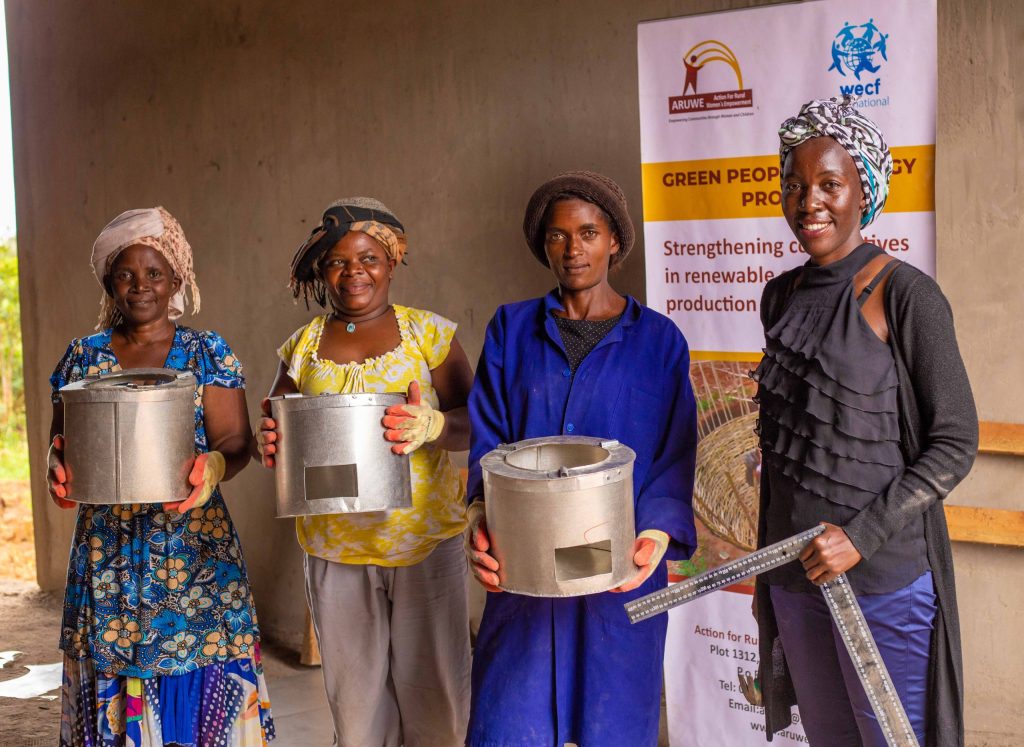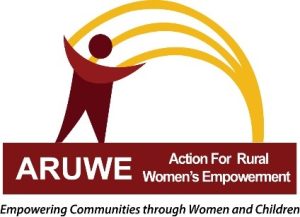Women on the Frontlines of the Climate Crisis and the Solutions

In Uganda’s rural communities, climate change is not a distant threat — it is a daily reality. Unpredictable rains, prolonged droughts, and soil degradation are already affecting the way families farm, access water, and feed their children.
But while women are among the most affected by these changes, they are also among the most overlooked in climate conversations. At ARUWE, we’ve seen something different: women are not just victims of the climate crisis they are leaders in the solutions.
Why Women Are So Deeply Affected
In many of the communities where we work, women are responsible for growing food, collecting water, and caring for children and the elderly. When crops fail or natural resources dry up, it’s women who bear the brunt — walking further for water, skipping meals so their children can eat, or struggling to find fuel for cooking.
And yet, they often have little to no say in decisions about land use, climate policy, or resource management.
From Impact to Leadership
That’s why ARUWE is investing in women as agents of climate resilience. Through our programs, women are:
- Training in agroecology to grow food sustainably and protect biodiversity
- Adopting clean energy solutions to reduce pressure on the environment
- Leading climate advocacy groups to speak up in local and national forums
- Running awareness campaigns that educate communities on climate action
These women aren’t just adapting to change — they’re driving it.
Making Space for Women’s Voices
Too often, climate decisions are made without the input of those who know the land best. ARUWE supports women to take part in climate conversations and policy making, from village councils to stakeholder forums.
We’ve seen women present at local government meetings, advocate for cleaner cooking methods, and organize campaigns that reach hundreds with messages on conservation and renewable energy.
When women speak, the solutions become more inclusive, sustainable, and grounded in reality.
The Path Forward
Climate justice isn’t just about planting trees or distributing cookstoves it’s about shifting power. It’s about recognizing that those who are most affected by the crisis must be at the heart of the response.
At ARUWE, we are committed to putting women at the center of climate resilience because they are not waiting for change. They are making it happen.

